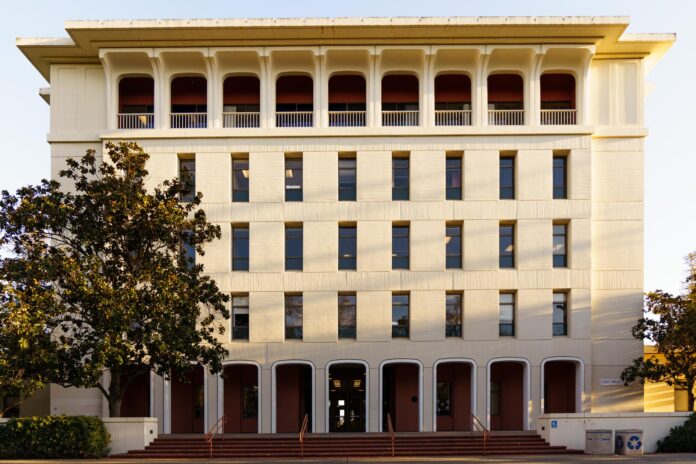A diverse group of employees have come together to discuss how remote work may become a long-term solution for UC Davis staff
As COVID-19 has impacted the practices and places of work, UC Davis staff has responded by establishing a university working group to consider what work at the university could look like after the pandemic. The workgroup, Workplace Reimagined, aims to find solutions for employees who are looking to continue full remote or partial remote work environments after the pandemic ends, as well as develop new solutions to office spaces at the university.
Christine Lovely, the associate vice chancellor and chief human resources officer, said she’s excited to see what the workgroup comes up with.
“We’re really looking at how we can leverage what we’ve learned over the course of the past year,” Lovely said.
The Workplace Reimagined Workgroup, which began on Jan. 28, consists of a cross section of staff from around the Davis campus who are looking at ways that the university can develop more flexible working arrangements for staff.
The working group is still in its early stages, but Lovely said one potential benefit in the future could be saving the university money.
“In time, I could see us saving on leasing space,” Lovely said. “Maybe even in time, [I could see us] eliminating the need to lease space, because if we have people kind of rotating in through space, we don’t have one office or one desk for each person.”
Hamid Fonooni, the director of the ergonomics program on campus, has been working with the group since its inception as part of the Resources/Finances subgroup.
“I’m pretty confident that the return on investment would be substantial,” Fonooni said. “In monetary terms, but also employees’ job satisfaction, productivity, morale—a lot of soft measurements.”
Michael Gunnarson, a fourth-year aerospace science and engineering major, said having remote options for staff is important for staff to attend to sick children for example, but he simultaneously worries about the administration’s other motivations.
“That flexibility is important, but I think that if cutting costs is involved and if that’s the driving factor, they’ll use that as an excuse to give [students] worse service,” Gunnarson said.
Currently, the full remote positions that are being discussed would not be for positions that typically involve face-to-face interactions, such as student advising or faculty.
Lovely said that providing remote work options can be a positive tool for recruitment.
“I have had a couple of people in my own organization hired away by other universities that are willing to say now that they could work 100% remote,” Lovely said.
One option presented would consist of a bullpen-style working area for employees that could be shared by anyone who needed a working space, but wouldn’t be assigned to a particular employee.
“A lot of people have individual offices, but maybe we need to be thinking about that in a different way, like having coworking spaces where different people can come in and work at different times using the same space,” Lovely said.
The workgroup has a deadline to present a big-picture plan by May.
“Basically the group is supposed to come up with a high-level plan—we don’t get into the details,” Fonooni said. “Is it a good idea? If it’s a good idea, what would be the scenarios?”
The workgroup has a suggestion form on its website that can be used by anyone interested in providing feedback to help inform the process.
“I suggested the name ‘Workplace Reimagined,’ because it would be helpful for the group to think of the whole way we work and how we work from a different lens,” Lovely said.
Written by: Kathleen Quinn — campus@theaggie.org




